Growing food in space could assist in human colonization
Updated: 2014-01-06 07:53
By Zhang Lei (China Daily)
|
||||||||
Simulation vs reality
Despite the success of the experiments at Yuegong-1, the simulated environment is not the real thing, of course. Liu Hong was reluctant to say the tests were conducted in an exact replica of the lunar environment because it's so difficult to produce the high levels of radioactivity found on the moon, along with its low gravity.
Liu told Southern Metropolis that the experiments were extremely difficult to conduct; the plants had to undergo wide fluctuations in temperature, from -175 C to 120 C, and although the tests were conducted in a simulated environment, there's always the possibility of unknown variations in space.
New Scientist reported that next year NASA intends to send canisters to the moon containing oxygen, which will be used to germinate seeds embedded in nutrient-infused filter paper.
Despite the success of the Yuegong-1 project, Professor Liu Huajie of Peking University who participated in the Biosphere 2 project - a 1.27-hectare, enclosed artificial ecosystem in Oracle, Arizona - was not optimistic about the prospects for exo-cultivation.
"Judging from my experiences with Biosphere 2 and also from an evolutionary perspective, the likelihood of real success on the moon is small. The motivation behind the experiment is understandable, but it underestimates the unique nature of Earth as Gaia - the mother of life - which is irreplaceable. Humans should abandon their fantasies about space migration and take better care of Earth."
Contact the writer at zhanglei@chinadaily.com.cn
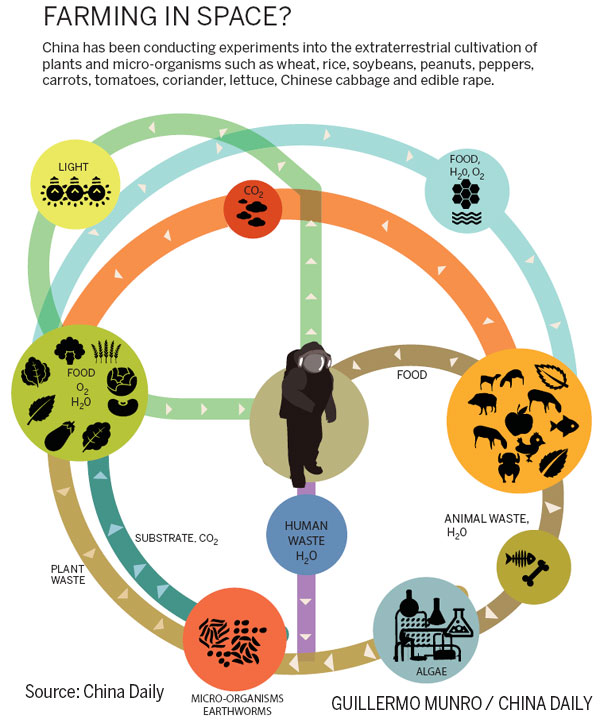
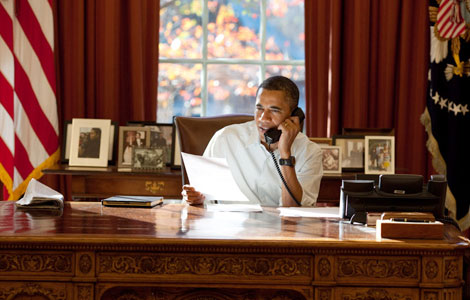
 Offices of world leaders
Offices of world leaders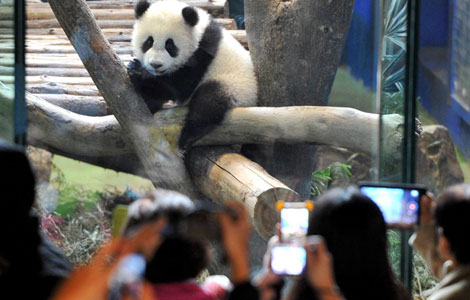
 First Taiwan-born panda makes public debut
First Taiwan-born panda makes public debut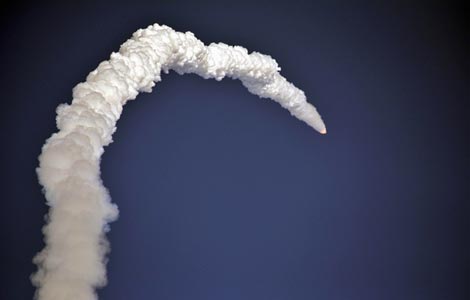
 India successfully launches heavy lift rocket
India successfully launches heavy lift rocket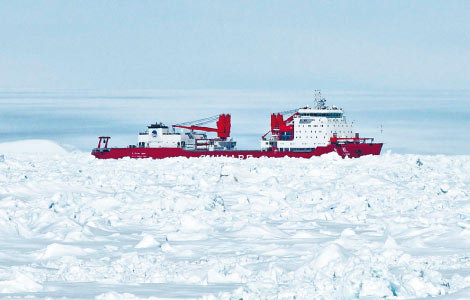
 Xuelong waits for chance to break free
Xuelong waits for chance to break free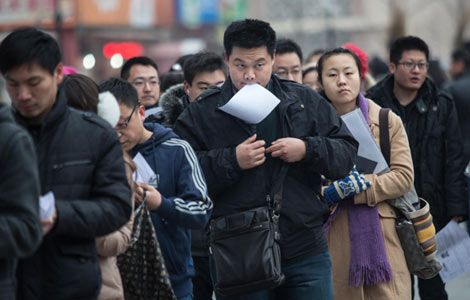
 Fewer candidates take graduate entrance test
Fewer candidates take graduate entrance test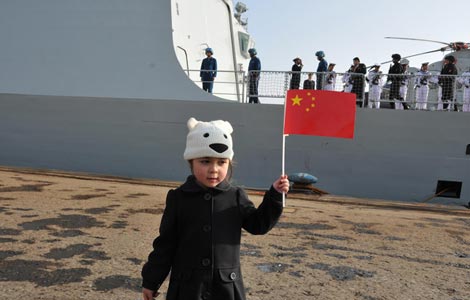
 Frigate escorts transport of Syria chemical weapons
Frigate escorts transport of Syria chemical weapons
 Putin, Belarussian president play ice hockey
Putin, Belarussian president play ice hockey
 Federer, Hewitt to meet in Brisbane final
Federer, Hewitt to meet in Brisbane final
Most Viewed
Editor's Picks

|

|

|

|

|

|
Today's Top News
Small plane crashes in Colorado
NYC Chinatown weathers killer storm
Program helps ex-inmates find work
'Life-threatening' cold bites US Midwest
Backing out of China to reshore
China keeps Africa as a key pillar
Major corruption cases up in 2013
New grads look abroad for first jobs
US Weekly

|

|





